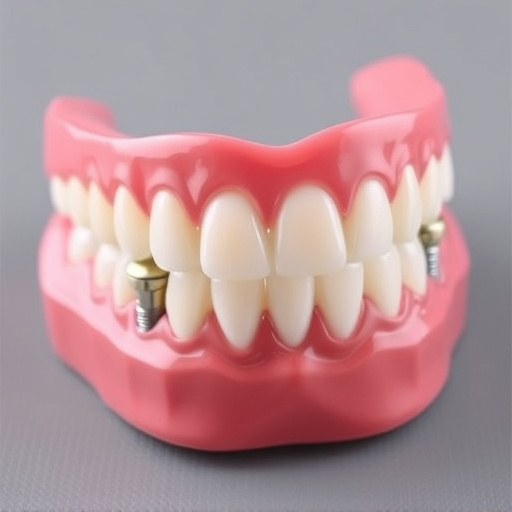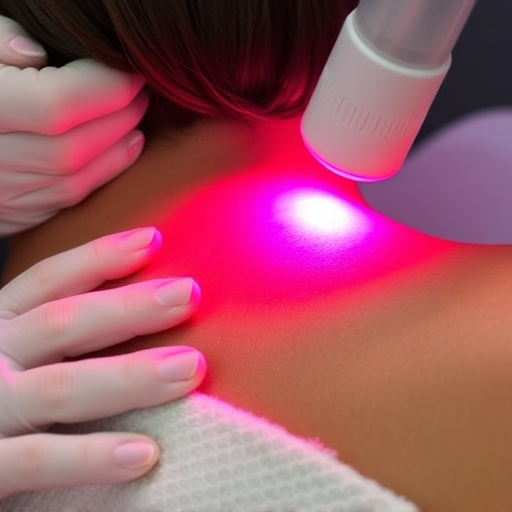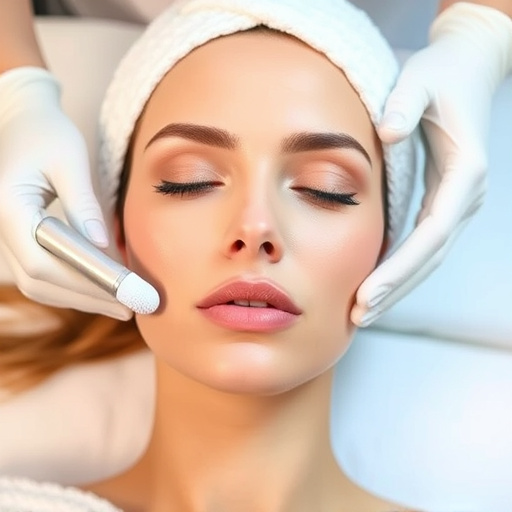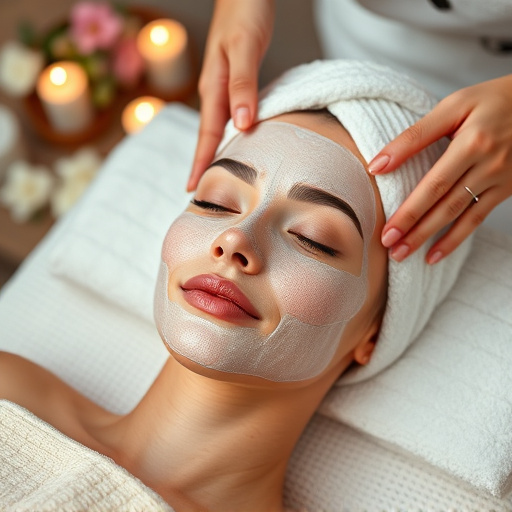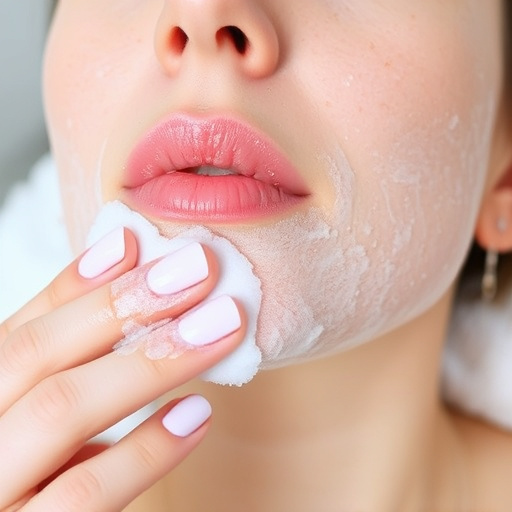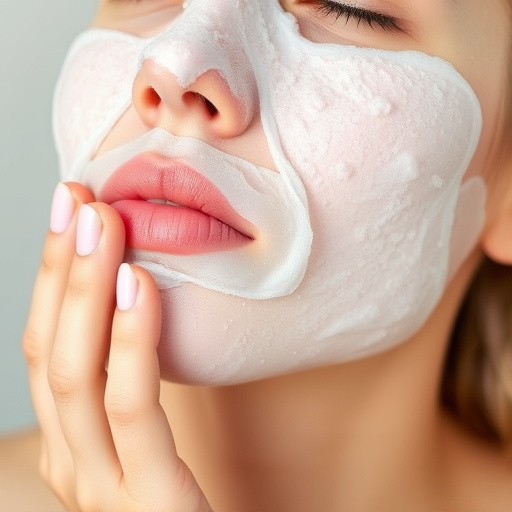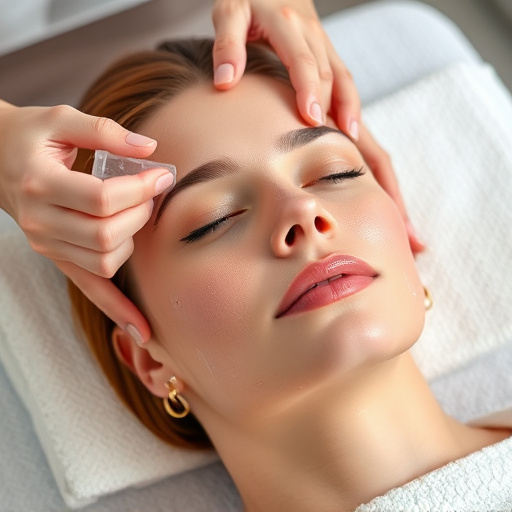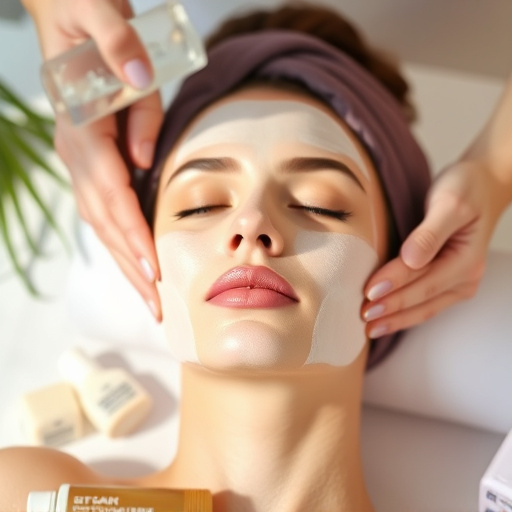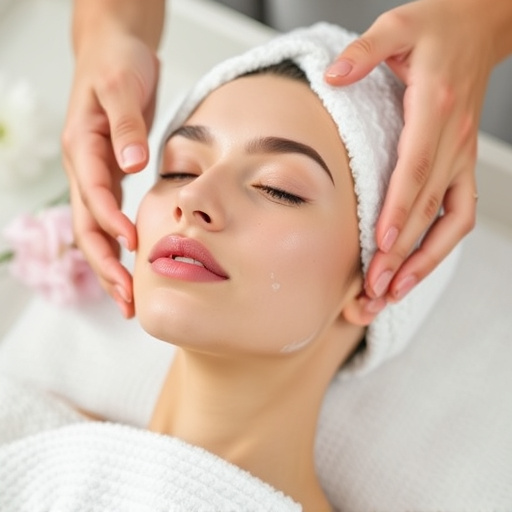Shine control therapy offers non-invasive solutions for managing oily or combination skin, with techniques like chemical peels and microneedling. Sensitive skin types require careful selection of treatments and ingredient-conscious products to avoid irritation. Professional guidance from dermatologists ensures safety and effectiveness, making it a viable option for achieving a matte complexion without compromising skin health.
Is shine control therapy safe for those with sensitive skin? This comprehensive guide explores the ins and outs of this popular skincare treatment. We delve into the mechanics of shine control therapy, dissecting its benefits and potential risks for delicate complexions. Understanding your skin’s needs is key; we break down safety considerations specifically tailored to sensitive skin types. By the end, you’ll be equipped with insights to make an informed decision about incorporating shine control therapy into your skincare routine.
- Understanding Shine Control Therapy for Skin Care
- Safety Considerations for Sensitive Skin Types
- Potential Benefits and Precautions for Application
Understanding Shine Control Therapy for Skin Care

Shine control therapy has emerged as a popular skincare treatment, offering a non-invasive approach to achieving a matte and controlled complexion. This therapy involves various techniques, such as chemical peels, topical treatments, or physical exfoliation, designed to reduce excess sebum production and minimize facial shine. For individuals with sensitive skin, this can be particularly appealing as it provides an alternative to harsher procedures.
While the term ‘shine control’ might evoke images of a dry, dull finish, these treatments are tailored to maintain skin hydration and health. Techniques like microneedling therapy or laser hair removal, which stimulate collagen production, can also improve skin texture and overall appearance without causing sensitivity issues if performed correctly. Many professionals now offer specialized ‘sensitive skin’ versions of these procedures, ensuring a safer and more effective experience for those seeking to manage their skin’s natural glow.
Safety Considerations for Sensitive Skin Types

For individuals with sensitive skin, choosing suitable skincare treatments can be a delicate balance between achieving desired results and maintaining skin health. Shine control therapy, while promising in reducing excess oil and minimizing pores, requires careful consideration for those with delicate complexions. Sensitivity can vary greatly, so what works for one person might not be suitable for another.
When exploring shine control therapy options, it’s essential to consult a professional dermatologist or skincare expert. They can provide guidance tailored to individual needs, ensuring the chosen treatment is gentle enough for sensitive skin. Moreover, looking into products that offer dual benefits like skin brightening and skin tightening without harsh chemicals can be advantageous. Always read ingredient lists and opt for brands dedicated to professional skincare that cater to diverse skin types, minimizing the risk of irritation or adverse reactions.
Potential Benefits and Precautions for Application

Shine control therapy offers a promising approach to achieving a radiant complexion while addressing specific skin concerns. For sensitive skin users, this treatment can provide numerous benefits. It helps regulate oil production, reducing shiny appearances and combating excess sebum that can lead to clogged pores and breakouts. This is particularly beneficial for those with combination or oily skin types who struggle with shine throughout the day. Additionally, some forms of shine control therapy promote skin brightening, gently enhancing the overall complexion without irritating sensitive areas.
However, as with any skincare treatment, precautions are essential. Users with sensitive skin should consult a dermatologist before undergoing shine control therapy to ensure it aligns with their specific needs. Certain procedures, such as laser hair removal and intense skin rejuvenation treatments, may not be suitable for all sensitive skin types. It’s crucial to choose qualified professionals who understand the nuances of working with delicate skin, using appropriate products and techniques to minimise potential risks like redness, itching, or irritation.
Shine control therapy can be a beneficial addition to skincare routines, but it’s crucial to approach it with caution, especially for those with sensitive skin. By understanding the safety considerations and potential precautions, users can make informed decisions. While it offers promising benefits, always consult a dermatologist to ensure its suitability for your unique skin type, ensuring a safe and effective experience with shine control therapy.



